![]()
Tue, March 08, 2011 | Cagaptay.com | By Soner Cagaptay
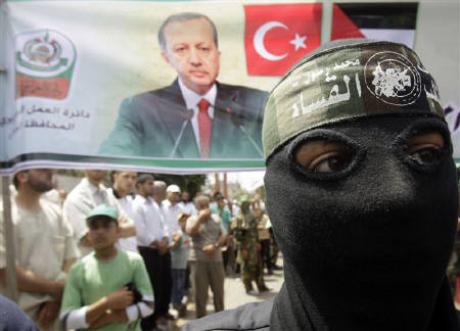
Turkey's prime minister Recep Tayyip Erdogan (and leader of the Islamist AKP) is admired as a hero in Gaza because of his anti-Israel stance.
Ending Turkey’s nightmare
Article by Soner Cagaptay about the dangerous Islamist threat in Turkey and its declining democracy and free press. First published at The Washington Institute and Hurriyet Daily News. It’s re-printed here for your convenience.
The arrest of prominent journalists in Turkey on March 3, among them a recipient of the International Press Institute’s “World Press Freedom Hero” award, is the nail in the coffin for Turkey’s experiment with Islamists-turned-democrats. Included in the arrests was Ahmet Sik, a journalist whose work enabled the Justice and Development Party, or AKP, to launch the Ergenekon investigation in 2007 and pursue purported coup plotters. Sik was arrested for his alleged membership in Ergenekon.
Sound like a nightmare? Indeed. The AKP experience has become a bad dream for liberal Turks who once supported the party because of their belief in its reform platform. And yet, it is possible for independent media to end this nightmare.
When the AKP, rooted in the country’s Islamist opposition, came to power in Turkey in 2002 and declared itself a liberal force, nearly everyone, including the majority of Turkish liberals, gave the party the benefit of the doubt. At that time, the party pushed for European Union accession and followed a reform agenda. The AKP also reached out to non-Islamist constituencies, suggesting it had a pluralist understanding of democracy and alleviating concerns about its Islamist pedigree.
Nearly a decade later, things could not be more different.
The AKP’s tactical transition away from its liberal outlook began in 2005. As Turkey began accession talks with the EU, the AKP decided that the talks necessitated reforms that would erode its popular support and thus shied away from pursuing EU accession. Following its landslide election victory in 2007 when it received 47 percent of the vote, the party redefined its pluralist understanding of democracy in favor of a more majoritarian approach.
The AKP no longer required a tactical liberal platform. It began interpreting its popular mandate as a blank check to ignore democratic checks and balances, cracking down on dissent by intimidating liberal businesses through selective tax audits and harassing its opponents and critics via the Ergenekon case.
The AKP’s attempts to subjugate the media have taken other forms as well. The national police, controlled by the government, wiretap journalists and politicians on the grounds that they are connected to Ergenekon, a group accused of plotting a coup against the government.
The government’s stance toward media is critical for Turkey’s future, especially as the country faces elections in June 2011. Though Turkish media continues to be free, its independence is severely restricted by a ruling party that seeks political subservience. Without independent and free media, upcoming elections may appear free, but they will not be fair.
Then, there is also the Ergenekon case. When the case opened in 2007, AKP watchers saw it as an opportunity for Turkey to clean up corruption and investigate coup allegations.
The case, however, has become much more than that. In a study published by the School of Advanced International Studies, or SAIS, at Johns Hopkins University, Gareth Jenkins, an Istanbul-based analyst, described Ergenekon as a case that charges people “with membership of an organization which, as defined in the indictment presented to the court, does not appear to exist or to ever have existed.”
Instead of prosecuting criminals, the AKP is using this fluid case to persecute its opponents. Since 2007, AKP-controlled police have taken more than 400 people into custody, including university presidents, journalists and women’s rights activists, without evidence of criminal activity, only to release them without charge after a few days of harsh questioning. Following their release, most become docile intellectuals. Meanwhile, police have held some AKP opponents for years without charge — a strong signal to Turkey’s intellectuals of the cost of not supporting the AKP.
Wiretaps are another tool for harassing liberal and secular Turks. In Turkey, it is a crime to wiretap private conversations or publish conversations captured by the police. However, pro-AKP media outlets regularly publish wiretapped conversations of the AKP’s opponents, compromising their private lives and even alleging that they are “terrorists” connected to Ergenekon. The AKP does not prosecute these crimes, which terrorize liberal intellectuals.
Ergenekon has devolved into a witch hunt, reminiscent of the McCarthy trials in the United States. Most Turks refuse to even discuss the case over the phone or via e-mail; for fear that even speaking of the case might result in accusations of their involvement.
The state of intimidation has turned into a nightmare. However, things could still end well. Whenever Turkey goes through a political spasm, analysts warn about democracy’s collapse. Yet, Turkey has survived numerous crises in the past, thanks to the media’s ability to balance power. With coup allegations, the arrest of the government’s opponents, and an ongoing media crackdown, only independent media can expose these crimes. Never before has media independence been so crucial to the Turkish democracy.
About the author,
Soner Cagaptay is a senior fellow and director of the Turkish Research Program at The Washington Institute. He has written extensively on U.S.-Turkish relations, Turkish domestic politics, and Turkish nationalism, publishing in scholarly journals and major international print media. He has written several books on Turkish affairs.



 RSS
RSS


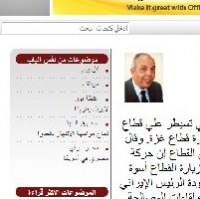
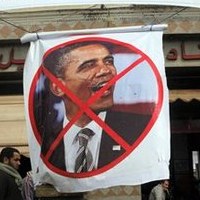
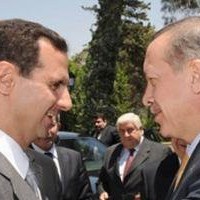
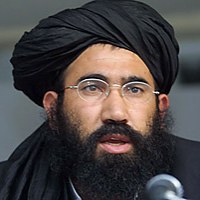
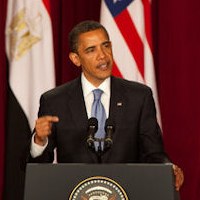




Ending Turkey's Nightmare | #Turkey #democracy #Erdogan #Islamism #AKP http://j.mp/i2YWBy
Ending Turkey's Nightmare | #Turkey #democracy #Erdogan #Islamism #AKP http://j.mp/i2YWBy
RT @CrethiPlethi: Ending Turkey's Nightmare | #Turkey #democracy #Erdogan #Islamism #AKP http://j.mp/i2YWBy